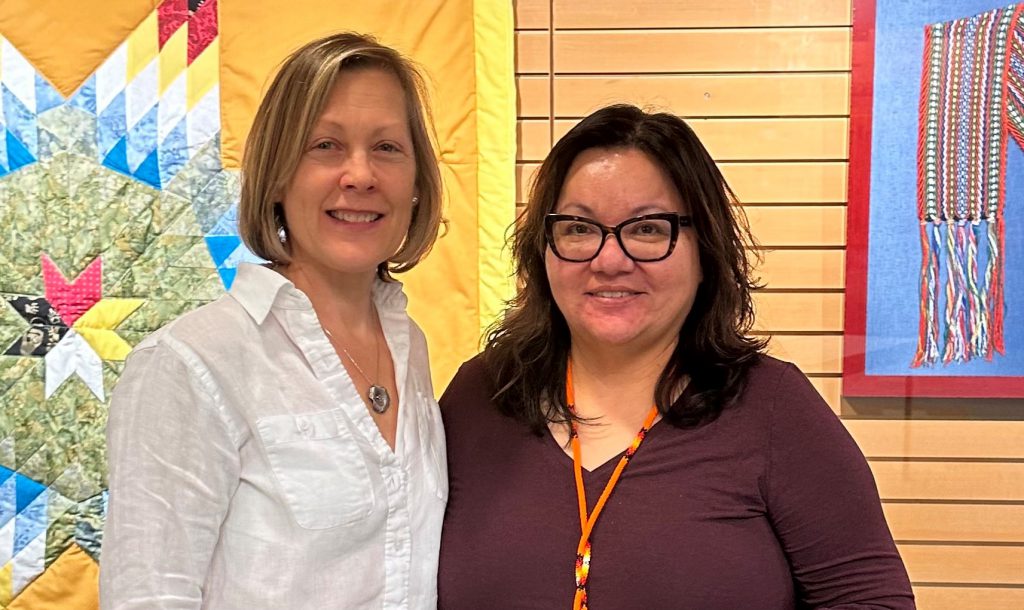
A new initiative at the College of Nursing, Rady Faculty of Health Sciences, is offering a unique opportunity to Indigenous nursing students in partnership with Whitireia BNMāori Programme in New Zealand.
Through Mahkwa omushki kiim: Pathway to Indigenous Nursing Education (PINE), the college’s support network for First Nations, Métis and Inuit nursing students, six Indigenous UM nursing students will travel to New Zealand for two weeks in Summer 2024 to learn with and from Māori nursing colleagues.
The Turtle Island and Aotearoa program – named after the traditional Indigenous and Māori names for North America and New Zealand – received funding from Global Skills Opportunity (GSO), a Government of Canada through Employment and Social Development Canada program, in partnership with the UM and will be administered by Universities Canada. GSO will fund up to $4,000 per Indigenous student, up to a total of $24,000, determined on student need.
Dr. Wanda Phillips-Beck, Indigenous Research Chair in Nursing for the Manitoba Region at First Nations Health and Social Secretariat of Manitoba (FNHSSM), has committed wrap around support funding in support of this initiative.
“This will be a fully funded initiative for our six students,” said Barbara Rose-Lovett, director of the skills and simulation centres at the College of Nursing.
Barbara Rose-Lovett is leading the initiative along with PINE director Rhonda Campbell. They will travel to New Zealand with the students, Phillips-Beck and Anishinaabe Knowledge Keeper Sherri Copenace.
“It’s a really exciting opportunity for these students to travel internationally and meet with other Indigenous students in the global community. It will create more awareness for them about global health and what together Indigenous people experience collectively,” Campbell said.
Rose-Lovett said there are many parallels between the two colonized cultures, and that a lot can be learned from the Māori nursing leaders and students regarding their path towards reconcilliation.
“New Zealand’s Maori renaissance began in the 1970s, and it was a real pivot to reclaim their culture and language. New Zealand is known for leading in regard to reconciliation. It’s going to be incredibly inspiring for all of us,” she said.
Students who are eligible to take part were contacted in November. Information sessions were held for them on Nov. 27, Dec. 12 and another will be held in early January. The deadline for applications is Jan. 12 and the students will be selected shortly after that.
“Once the students are selected, as early as possible, they will be partnered with students in New Zealand so they can start developing relationships. When we land in New Zealand they will have already established friendships with colleagues that will help integrate them into the experience.
